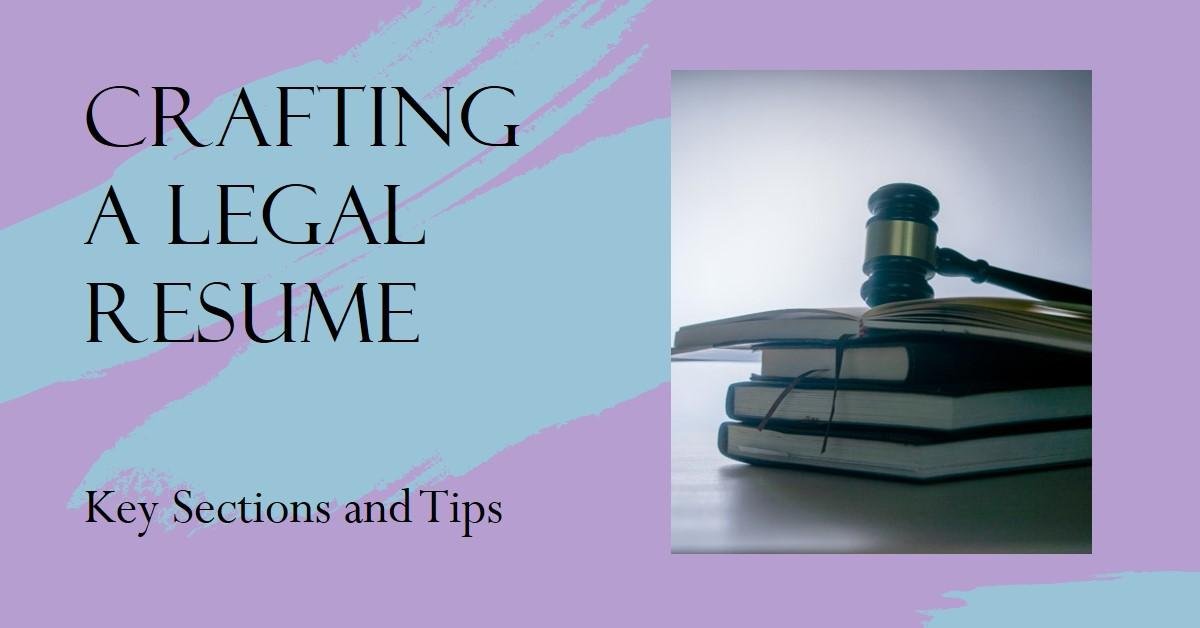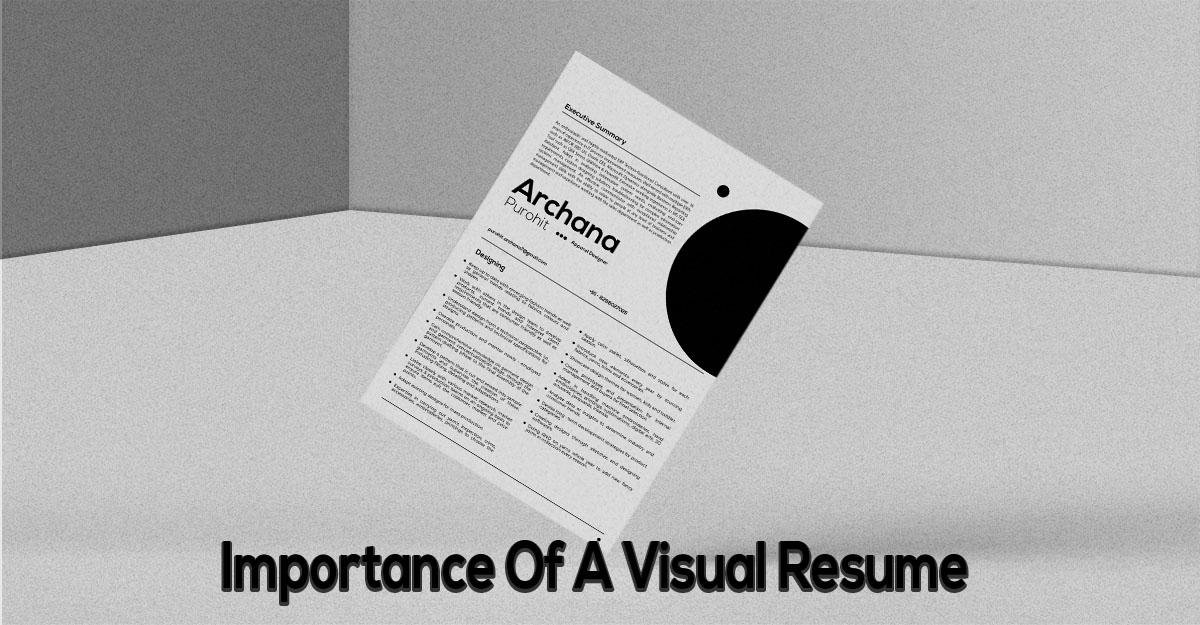Crafting a Resume for a Legal Role: Key Sections and Tips

In the competitive field of law, crafting a standout resume is essential for securing coveted roles. Your resume serves as your first impression to potential employers, highlighting your skills, experience, and qualifications. Whether you're a seasoned attorney or a recent law school graduate, a well-crafted resume can make all the difference in advancing your legal career. In this comprehensive guide, we'll delve into the key sections and essential tips for crafting a winning legal resume.
1. Header with Contact Information:
The header section of your legal resume should include your full name, contact information (phone number and email address), and optionally, your address. Make sure your contact details are clear and easily accessible, as this allows recruiters to reach out to you promptly.
2. Professional Summary/Objective:
Following the header, include a concise professional summary or objective statement. This section provides a brief overview of your career goals, skills, and relevant experience. Tailor your summary to the specific role you're applying for, emphasizing your strengths and how they align with the position.
3. Education:
In the education section, list your academic achievements, including degrees earned, institutions attended, and graduation dates. If you have any notable honors, such as academic awards or scholarships, be sure to highlight them here. Recent graduates may choose to include relevant coursework or extracurricular activities to bolster their credentials.
4. Legal Experience:
Highlight your professional experience in the legal field, starting with your most recent or current position. Include the name of the organization, your job title, and the dates of employment. Provide detailed descriptions of your responsibilities and accomplishments, focusing on relevant skills such as legal research, writing, litigation, and client communication. Quantify your achievements whenever possible to demonstrate your impact.
5. Skills:
Create a separate section to showcase your legal skills and areas of expertise. This may include proficiency in legal research tools, knowledge of specific practice areas (e.g., corporate law, intellectual property), language proficiency, and proficiency in legal software or technology. Tailor your skills section to match the requirements of the job description, emphasizing those most relevant to the role.
6. Certifications and Licenses:
If applicable, include any professional certifications or licenses relevant to the legal field. This may include bar admissions, specialized certifications (e.g., Certified Paralegal), or other industry-specific credentials. Be sure to list the issuing authority and expiration dates, if applicable.
7. Additional Sections (Optional):
Depending on your background and experience, you may choose to include additional sections such as:
- Publications: List any articles, papers, or publications you've authored in legal journals or other publications.
- Professional Associations: Highlight your involvement in legal organizations or professional associations, such as bar associations or legal societies.
- Volunteer Experience: Showcase any pro bono work or volunteer activities related to the legal field, demonstrating your commitment to community service and social justice.
8. Formatting and Presentation:
When crafting your legal resume, pay close attention to formatting and presentation. Use a clean, professional layout with clear headings and bullet points for easy readability. Choose a legible font and ensure consistent formatting throughout the document. Proofread carefully to eliminate any errors or typos, as attention to detail is critical in the legal profession.
9. Tailoring for Each Application:
Finally, customize your resume for each job application to highlight the most relevant skills and experiences. Carefully review the job description and incorporate keywords and phrases that match the employer's requirements. Tailoring your resume shows recruiters that you've taken the time to understand their needs and are genuinely interested in the position.
By following these key sections and tips, you can craft a compelling legal resume that stands out to prospective employers. Remember to showcase your unique skills, experiences, and accomplishments, positioning yourself as the ideal candidate for the job.
Are you ready to take your legal career to the next level? Partner with IRC Resume for professional resume writing services tailored to the legal industry. Visit IRC Resume to learn more.









